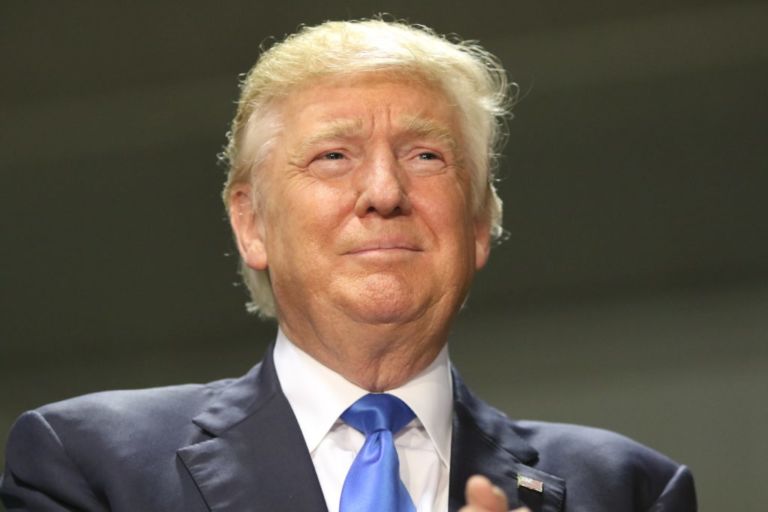Sean Trende writes for Real Clear Politics about the factors contributing to President Biden’s polling woes.
We’ve paid much attention to President Biden’s flagging job approval here, in part because it tends to be a strong predictor of how an election will turn out. Biden is marching into this election season as likely the least popular president to face the voters since Herbert Hoover. While he may yet be saved by the fact that he is facing off against Donald Trump, who brings his own baggage to the table, it’s an ominous indicator.
At the same time, the economy is running hot. Growth is over 3%, unemployment is under 4%, and inflation has fallen from its peak. So why the seeming paradox of an unpopular president in a time of strong economic growth, especially when the strength of the economy is itself a traditional predictor of presidential job approval?
There are two reasons. First, we ought not fall into the trap that many commentators – especially political scientists – fall into of economic reductionism. Yes, it is “the economy stupid,” as the iconic sign hanging inside Bill Clinton’s campaign headquarters famously reminded his staff in 1992. Less well-remembered, however, the sign also listed “Change vs. more of the same” as the first principle of the campaign, with “Don’t forget healthcare” as an additional item.
So people do care about the economy, but they also care about things ranging from the war raging in the Middle East to their overall perception of the president. This is where Joe Biden’s age likely matters. And the more he shows it, the more it matters.
More importantly, commentators misunderstand the nature of inflation. Recessions are routine, and national economies often come out of them stronger than they entered them. Inflation, on the other hand, topples governments. Most recently, it was the impetus for the “Arab Spring” of 2010-2012. There are a few reasons inflation is different.


